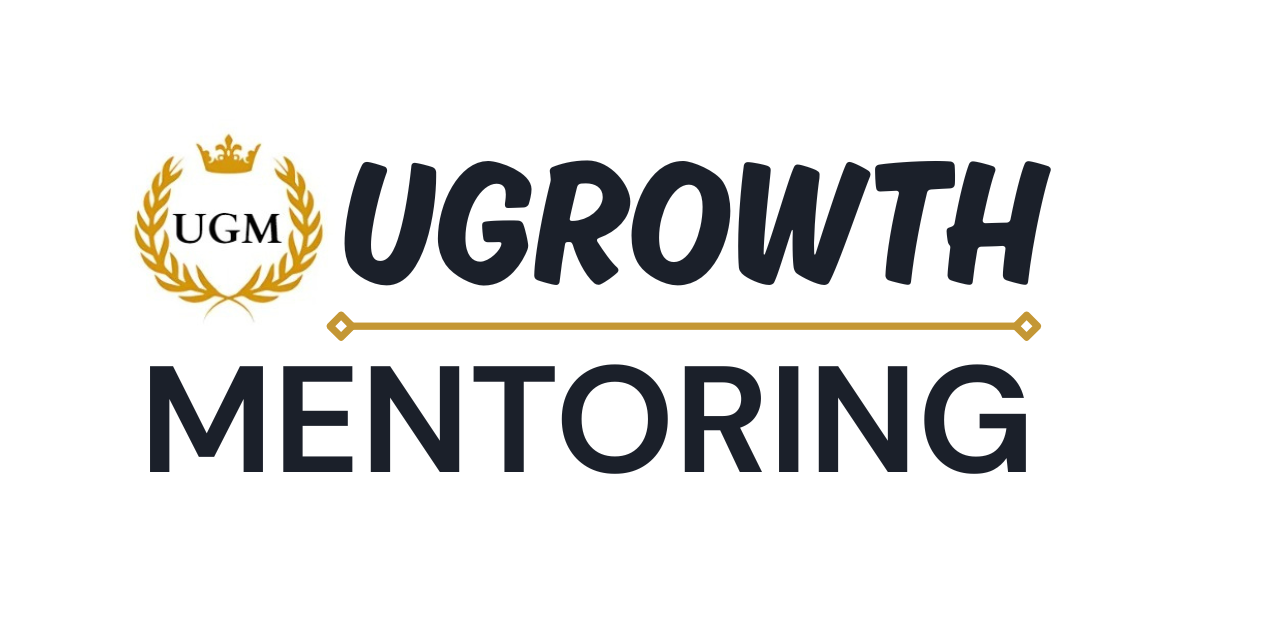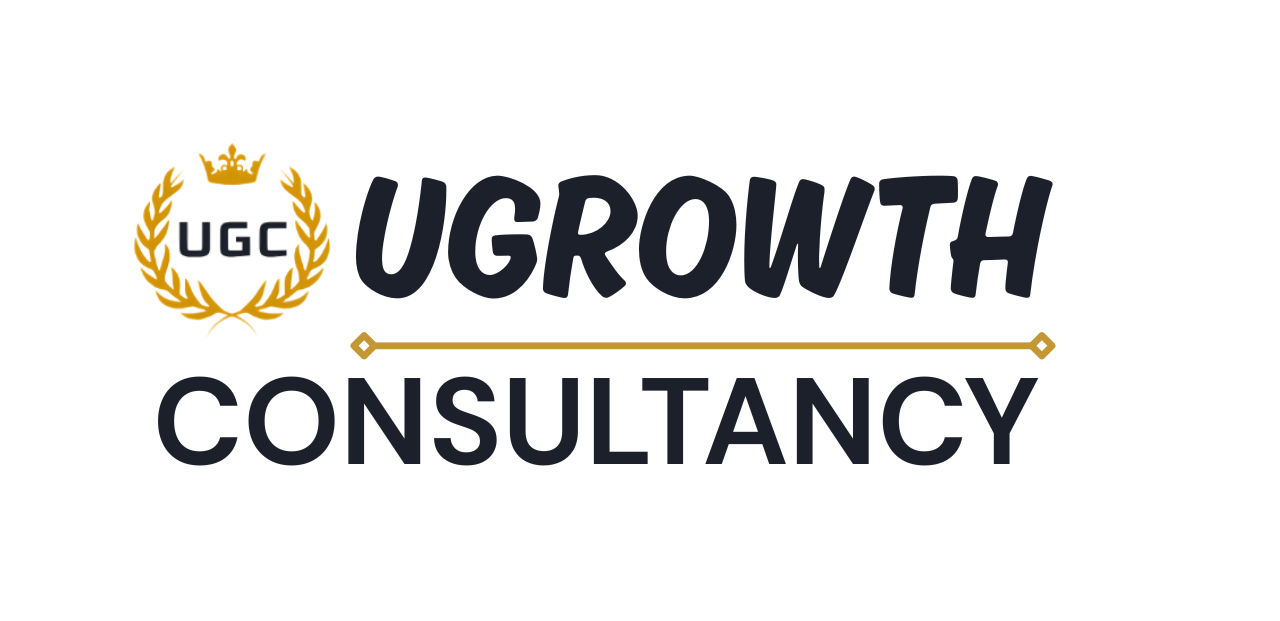11 Mar 2025
Importance of Having a Mentor
Importance of Having a Mentor
Having a mentor can be a powerful asset in one's personal and professional life. This article delves into the various aspects of mentorship, its importance, characteristics, benefits, and how to find a suitable mentor to guide you towards success.
Introduction:
Mentorship is a crucial element in personal and professional growth. While the saying "try, try, and you will succeed" is commonly heard, having a mentor by your side makes the journey smoother and more assured. In this article, we will explore why mentorship is invaluable in today's competitive and fast-paced world.
Definition of a Mentor:
A mentor is an experienced and trusted advisor who provides guidance, support, and wisdom to a less experienced individual known as the mentee. Mentors are typically experts in their field, offering valuable insights and knowledge gained through their own experiences.
Importance of Mentorship:
Mentorship plays a vital role in an individual's development by accelerating learning, fostering personal growth, and expanding one's network. Having a mentor can greatly enhance career progression, skill development, and overall success in various aspects of life.
Characteristics of an Effective Mentor:
An effective mentor possesses qualities such as patience, empathy, good listening skills, honesty, and the ability to provide constructive feedback. A mentor should be a role model who inspires and guides their mentee towards achieving their goals.
Role of a Mentor:
A mentor acts as a source of motivation, encouragement, and support for their mentee. They offer valuable advice, share relevant experiences, and help navigate challenges by providing constructive solutions and insight.
Benefits of Mentorship:
1. Knowledge Transfer:
Mentors pass on their expertise and experience to mentees, aiding in their skill development and knowledge acquisition.
2. Networking Opportunities:
Mentors can introduce mentees to valuable contacts within their industry, expanding their network.
3. Career Guidance:
Mentors help mentees set realistic goals, identify strengths and weaknesses, and create a roadmap for success.
4. Boost in Confidence:
Having a mentor to provide guidance and reassurance boosts the mentee's confidence and self-belief.
Qualities of a Good Mentee:
For a mentorship relationship to be successful, the mentee must be open to feedback, eager to learn, willing to take initiative, and demonstrate commitment towards personal and professional growth.
Mentorship Programs:
Many organizations offer structured mentorship programs aimed at connecting mentors with mentees to foster growth and development. These programs often include training sessions, workshops, and networking events to facilitate mentor-mentee relationships.
Success Stories:
Countless success stories attest to the power of mentorship in transforming lives and careers. From entrepreneurs to executives, having a mentor has been a common denominator among many successful individuals.
Challenges in Mentorship:
Challenges in mentorship relationships may arise due to differences in communication styles, expectations, or personalities. Overcoming these challenges requires open dialogue, mutual respect, and a commitment to the relationship.
Ways to Find a Mentor:
1. Networking Events:
Attend industry conferences, seminars, and workshops to connect with potential mentors.
2. Online Platforms:
Utilize online mentorship platforms to find mentors in your field of interest.
3. Professional Organizations:
Join industry-specific organizations that offer mentorship programs and networking opportunities.
Mentorship vs. Coaching:
While mentors provide guidance based on their personal experiences and knowledge, coaches focus on asking strategic questions to help individuals discover their own solutions. Both mentorship and coaching are valuable in personal and professional development.
Long-term Impact of Mentorship:
The influence of a mentor can have a lasting impact on an individual's life, shaping their career choices, mindset, and overall success trajectory. The lessons learned from a mentor can resonate throughout a lifetime.
Conclusion:
In conclusion, the importance of having a mentor cannot be overstated. A mentor serves as a beacon of wisdom, guidance, and support, empowering individuals to unlock their full potential and achieve their goals. Seek out a mentor who aligns with your values and aspirations to embark on a transformative journey towards success.
FAQs
1. How do I approach someone to be my mentor?
Approach potential mentors with a clear purpose, humility, and respect for their time and expertise. Highlight what you can offer in return for their guidance.
2. What if I can't find a mentor in my field?
Consider seeking mentorship from related fields or industries where valuable insights and transferable skills can still be gained.
3. Can mentorship relationships evolve into long-term friendships?
Yes, mentorship relationships founded on mutual respect, trust, and shared values can evolve into lasting friendships beyond the professional sphere.
4. Is mentorship only beneficial for career growth?
While mentorship greatly benefits career development, it also fosters personal growth, self-awareness, and the cultivation of valuable life skills.
5. How do I express gratitude towards my mentor?
Express gratitude through sincere gestures such as handwritten notes, small tokens of appreciation, or by paying it forward and becoming a mentor to someone else.




